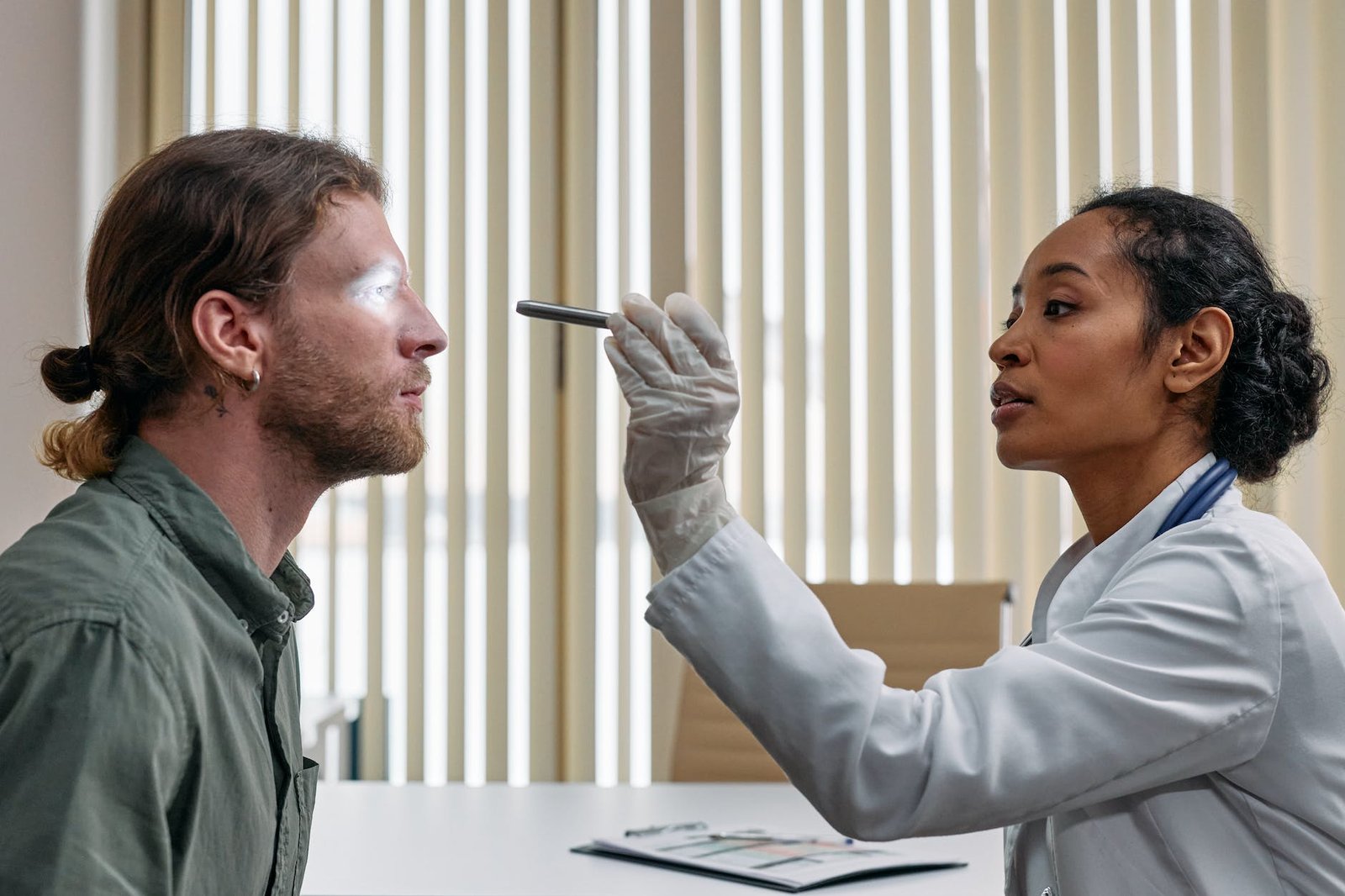
Am I A Good Lasik Candidate?

Am I A Good Lasik Candidate?
Helping You Make an Informed Decision
If you're considering LASIK eye surgery, you may be wondering, "Am I a good LASIK candidate?" It's an important question to ask before undergoing any surgical procedure. In this comprehensive guide, we will provide you with all the necessary information to help you make an informed decision about LASIK and determine if you are indeed a good candidate for the procedure.
Understanding LASIK
Before delving into candidacy requirements, let's briefly discuss what LASIK is. LASIK, which stands for Laser-Assisted In Situ Keratomileusis, is a popular refractive surgery that aims to correct vision problems such as nearsightedness, farsightedness, and astigmatism. The procedure involves reshaping the cornea using a precise laser, which allows light to properly focus on the retina, resulting in clearer vision.
Factors to Consider
When determining your candidacy for LASIK, several factors come into play. Here are some key considerations to evaluate:
1. Age
LASIK is typically performed on individuals who are at least 18 years old. This ensures that the eyes have matured and stabilized, minimizing the risk of complications.
2. Vision Stability
To be a good candidate, your vision prescription should have remained relatively stable for at least one year. Significant changes in your prescription may affect the accuracy of the LASIK procedure.
3. Eye Health
Your eye health plays a vital role in determining candidacy. Conditions such as glaucoma, cataracts, keratoconus, and severe dry eye syndrome may disqualify you from undergoing LASIK. A thorough examination by an experienced ophthalmologist will help assess the health of your eyes.
4. Corneal Thickness
During LASIK, a thin flap is created on the cornea to access the underlying tissue. Sufficient corneal thickness is crucial to ensure the safety and effectiveness of the procedure. If your corneas are too thin, an alternative refractive surgery may be recommended.
5. Pupil Size
Large pupils may increase the risk of experiencing visual side effects such as glare, halos, and reduced night vision after LASIK. An evaluation of your pupil size will help determine if you are susceptible to these complications.
6. Overall Health
While LASIK is a safe procedure, it's important to disclose any pre-existing medical conditions and medications you are currently taking. Certain conditions and medications may interfere with the healing process or increase the risk of complications.
The Consultation Process
To determine if you are a good LASIK candidate, a comprehensive consultation with a qualified ophthalmologist is essential. During this process, the following steps are typically involved:
1. Medical History Review
Your ophthalmologist will review your medical history, including any past eye conditions or surgeries. It's crucial to provide accurate and detailed information to ensure a thorough assessment.
2. Eye Examination
A comprehensive eye examination will be conducted to evaluate your vision, measure your refractive error, assess the health of your eyes, and determine your corneal thickness. Specialized tests, such as corneal topography and wavefront analysis, may also be performed to gather more precise data.
3. Discussion of Expectations
An open and honest conversation about your expectations, lifestyle, and visual goals will take place. This will help your ophthalmologist determine if LASIK is the right procedure to achieve your desired outcomes.
4. Q&A Session
This is your opportunity to ask any questions or express concerns you may have regarding LASIK. Your ophthalmologist will address them and provide you with all the necessary information to make an informed decision.
Conclusion
Determining if you are a good LASIK candidate requires a thorough evaluation of various factors such as age, vision stability, eye health, corneal thickness, pupil size, and overall health. The consultation process with a qualified ophthalmologist is crucial in assessing your eligibility and discussing your expectations.
Remember, LASIK is a personalized procedure, and what may be suitable for one person may not be suitable for another. Seek professional advice and make an informed decision based on your unique circumstances. https://diabetescurenow.com/










